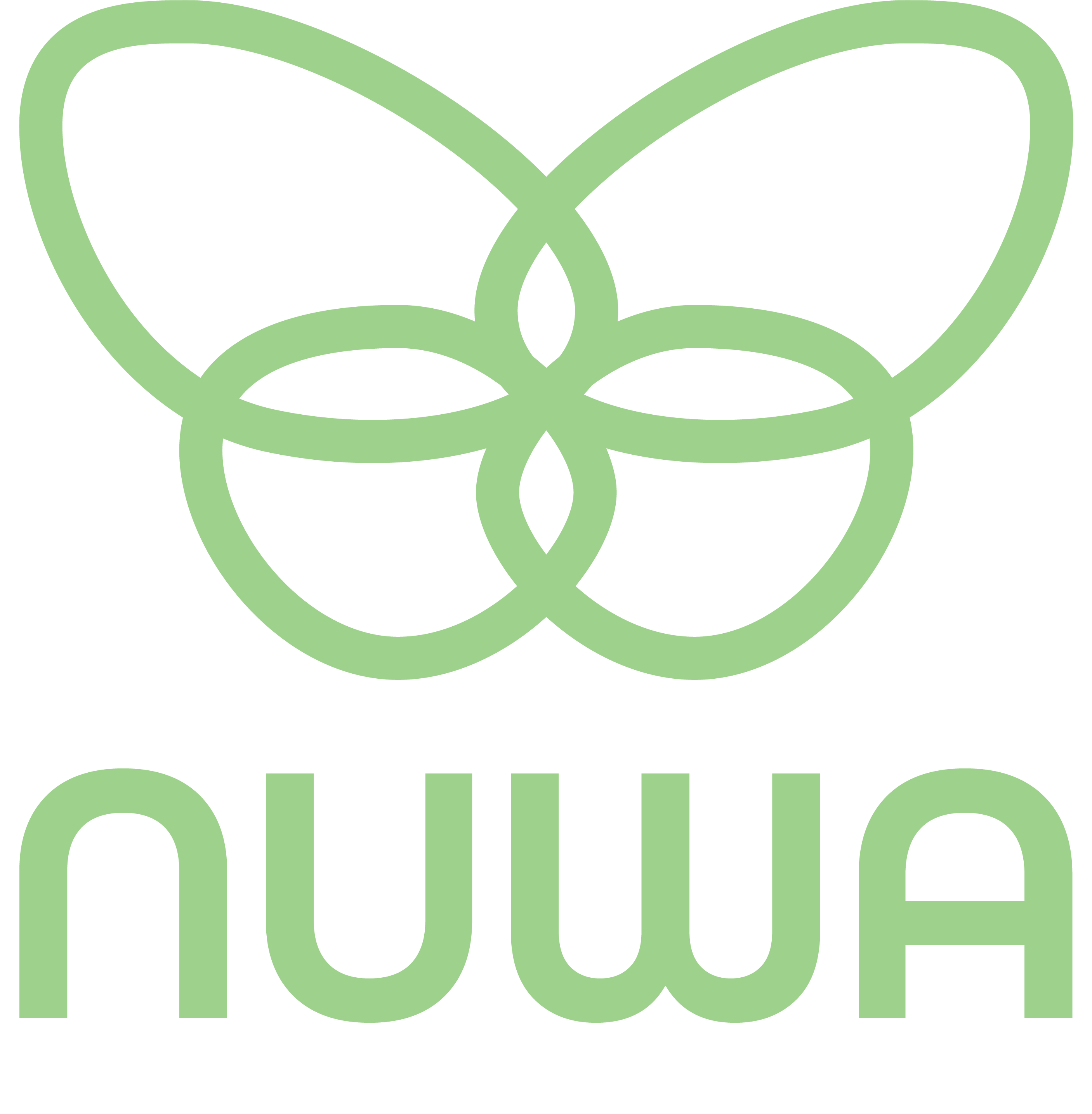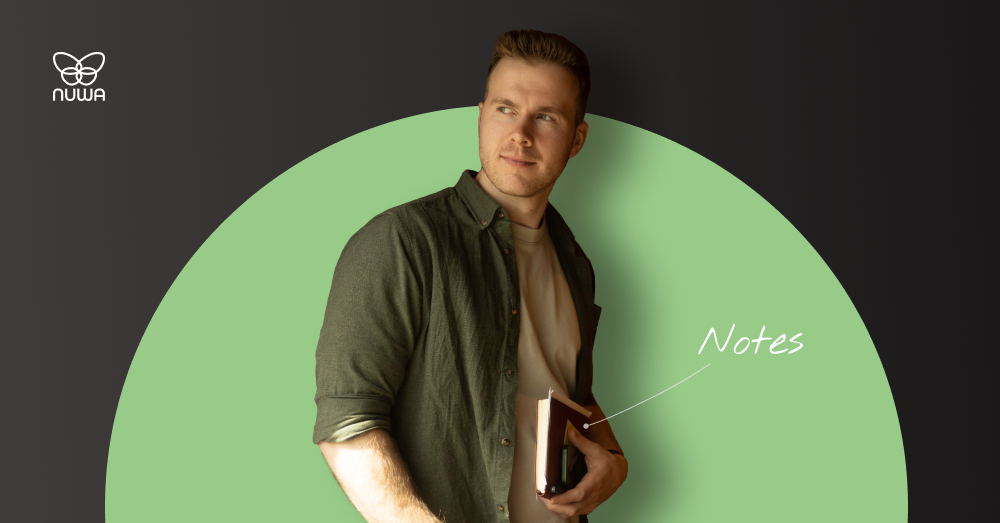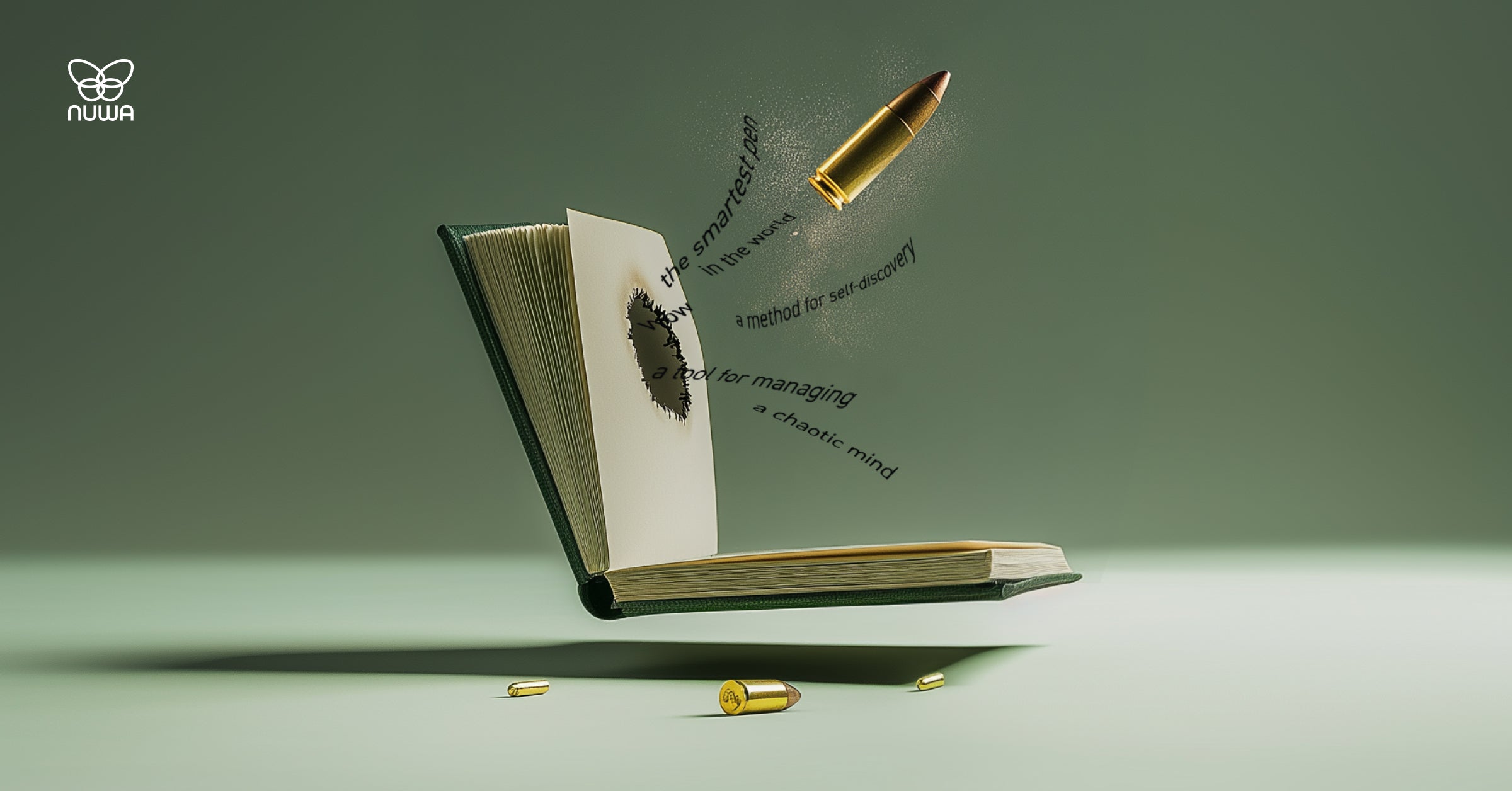Work has become an endless stream of screen time and meetings (which usually involve screens). So, it's no surprise burnouts are increasing, trust in one another is decreasing, and our attention spans are being hijacked.
If you spend your working day behind a screen and scroll at night, you are most vulnerable to this hijacking. Even worse, you might be experiencing it right now.
Stanford University has shown that people who regularly juggle several streams of content do not pay attention, memorize, or manage their tasks as well as those who focus on one thing at a time.
This isn't breaking news; working on a device with a two-way display has always been a losing battle. Now more than ever, websites, apps, and platforms are fine-tuned to exploit our brain’s limitations. What's more, these limitations are more fragile the earlier you start, which nowadays includes a large portion of the population.
One of the most telling signs that digital hijacking isn’t something to roll your eyes at is the reality that many tech developers are turning away from the very things they helped create.
Pioneers like Steve Jobs have said they had strict boundaries on technology when raising their kids and have cautioned parents about letting children spend too much time in front of a screen.
We wouldn’t buy food from a farmer who wouldn’t feed his own family with his produce. So why are we willing to download apps, buy gadgets, and subscribe to platforms not used by their founders?
In some ways, we have no choice. Our personal and work lives often require a certain level of digital connection. But those requirements aren’t the only things guiding our thumbs to that download button. Two acronyms can help us understand that illogical choice: FOMO (fear of missing out) and FOBO (fear of being offline).
Many people have labeled our relationship with tech as an addition, but it’s not that simple. Unlike addictions to drugs or fast foods most of us don’t appear to gain much pleasure from our tech. Perhaps more accurate terms such as FOMO (fear of missing out), FOBO (fear of being offline), and nomophobia (fear of being out of mobile phone contact)—all forms of anxiety that border on obsession or compulsion–fit better.
Although terms like anxiety and compulsion are lighter than addiction we often hear technology labeled as evil. And maybe it is, but let’s be honest, it’s not going anywhere. So the real question becomes, how do we balance our health, relationships, and productivity? How can we have our cake and eat it, too?
Over the last few years, we've seen an increase in lite tech solutions—devices or plug-ins offering a streamlined digital experience. They limit distracting notifications and apps. However, only a few of us seem to possess the willpower to let those plug-ins do their thing.
More often than not, we circumvent these self-imposed restrictions, open Instagram to check on that DM, and end up scrolling for an hour.
When it comes to navigating the troubled waters of digital distractions, there are two common solutions. The first, as we’ve mentioned above, is fighting fire with fire. But as expected, solving your tech issues with more tech can, and usually does, end with burnt fingers.
The second alternative is detachment. But unplugging completely is as unrealistic as expecting your willpower to hold up against well-trained algorithms. Especially when we take into account those requirements at work and at home.
So, what are we left with? Surrender?
No. There’s a third option, one that combines the first two into something more manageable. Find regular intervals in your day to disconnect from distractions without vanishing into the woods to start a new life chopping wood.
In the writing world, new writing solutions like paper-like tablets and smartpens (AI pens) offer a break from blue-light screens and the bombardment of notifications. They also present an alternative for productive digital work. In most cases, you can detach from your main devices—laptops, smartphones, and tablets—while maintaining your productivity.
This new wave of simplified tech signifies a new way of working. Devices such as these unchain us from our desks, but more than that, they free us from screens, notifications, and algorithms. Imagine a world where you can focus for hours at a time without getting pulled into an email thread or messaging channel, and all without falling behind.
However, not all solutions are created equal. Many writing solutions on the market today have their flaws. Currently, all smartpens require special paper, which varies depending on the brand. That means you have to keep a healthy supply of paper in stock; otherwise, your smart pen just becomes an overpriced pen. Paper-like tablets are a nice alternative, but they still have the downside of writing on a tablet, which never lives up to the feeling of pen and paper.
Nuwa Pen is the goldilocks solution that solves both issues. You can maintain your productivity while disconnecting from your main devices, write on any paper, and there’s no need to carry another device around.
So, if you’re looking for a way to cut down on your digital distractions but can’t afford to miss out on your productivity, consider Nuwa Pen—the smartest pen in the world.




Leave a comment
This site is protected by hCaptcha and the hCaptcha Privacy Policy and Terms of Service apply.